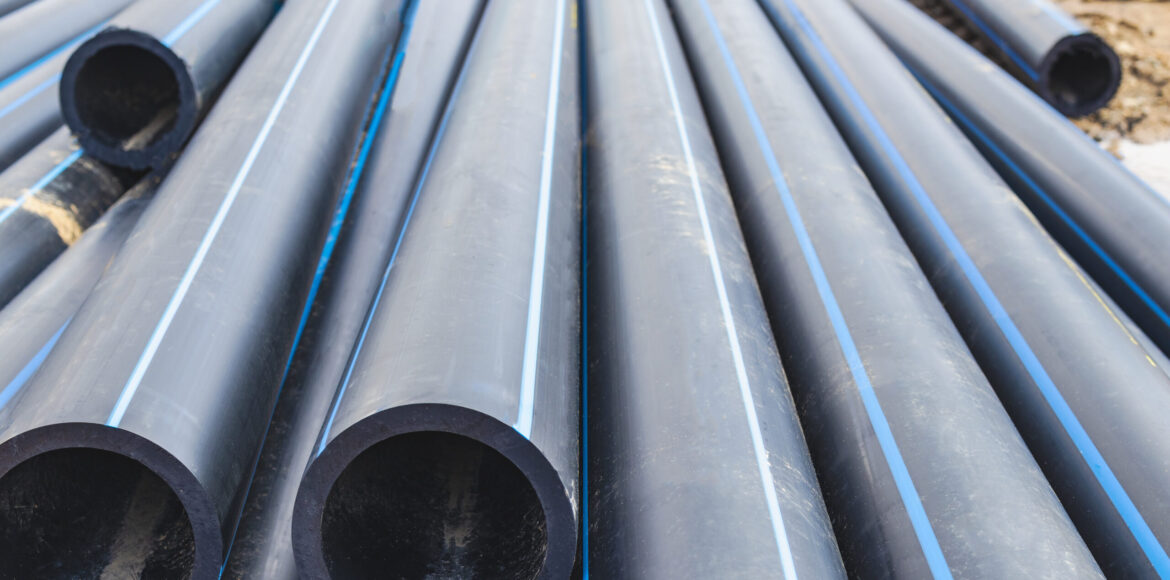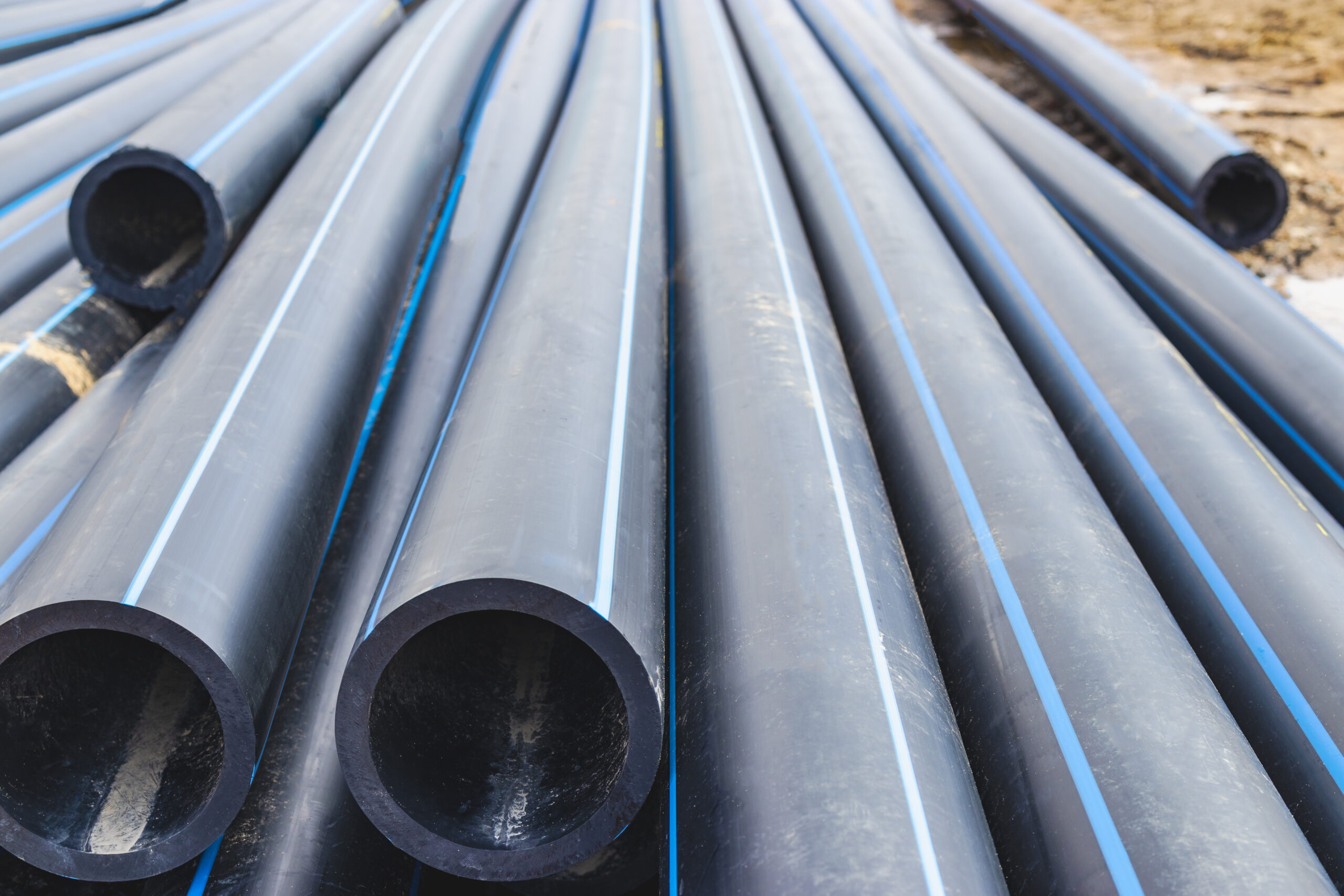What is HDPE Pipe?

HDPE (High-Density Polyethylene) pipe is a versatile and durable material used in various industries for its superior strength and resistance to corrosion. These pipes are made from high-density polyethylene, a thermoplastic polymer that is both lightweight and incredibly robust. The material’s properties make it ideal for applications in water, gas, sewage, and drainage systems.
Unlike traditional piping materials such as steel or concrete, HDPE pipes are resistant to most chemicals and can withstand harsh environmental conditions, making them a long-lasting choice for many applications. HDPE pipes are also non-toxic and recyclable, which contributes to their sustainability.
Key Benefits of HDPE Pipes
One of the main reasons why these are so widely used is their impressive list of benefits. Below are some key advantages:

Common Applications of HDPE Pipes
Why Choose HDPE Pipe for Your Next Project?
Whether you’re working on a water distribution project or looking to replace an old pipeline system, an HDPE pipe is a smart and reliable choice. The material’s durability, cost-effectiveness, and versatility make it suitable for a wide range of uses, from infrastructure to agriculture.
With the ever-growing emphasis on sustainability, HDPE pipes also stand out as a green alternative, being 100% recyclable and contributing to environmental preservation.
Conclusion: Invest in HDPE Pipe for Reliable Solutions
These pipes are used across a variety of industries due to their unique qualities. Some of the most common applications include:
1. Water Supply Systems
HDPE pipes are frequently used in water distribution systems. Their resistance to corrosion, UV rays, and chemicals makes them a long-lasting option for transporting clean water. They are also flexible enough to withstand ground movement, ensuring that the pipes remain intact and effective over time.
2. Sewer and Wastewater Systems
For sewer systems and wastewater management, HDPE pipes are an ideal choice. Their resistance to chemicals and ability to resist leaks or cracks ensure efficient and reliable operation in wastewater systems.
3. Gas Distribution Systems
Natural gas pipelines often use HDPE pipes because it is highly resistant to the corrosive nature of gases. The pipes are also easy to install and can be joined with minimal effort, making them perfect for transporting natural gas across long distances.
4. Agricultural Applications
In agriculture, HDPE pipes are used for irrigation systems. Their flexibility and resistance to environmental factors allow them to maintain consistent water flow in farming operations.
In conclusion, HDPE pipe offers a multitude of benefits that make it the preferred option for various industries. From its impressive durability and cost-effectiveness to its environmental benefits, HDPE pipe is a valuable investment for both short-term and long-term projects.
If you’re considering HDPE pipes for your next construction, irrigation, or piping project, make sure to consult with a professional to explore your best options. Ensure your infrastructure lasts longer, performs better, and meets sustainability goals by choosing an HDPE pipe.
